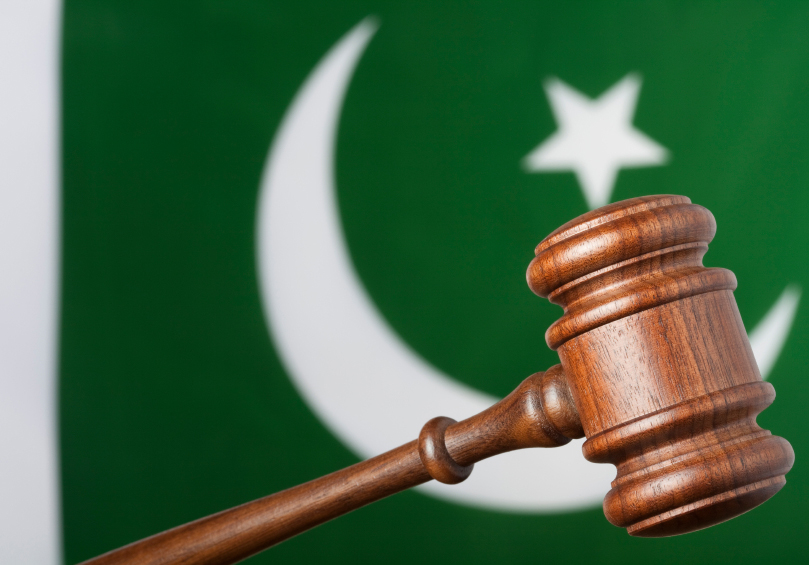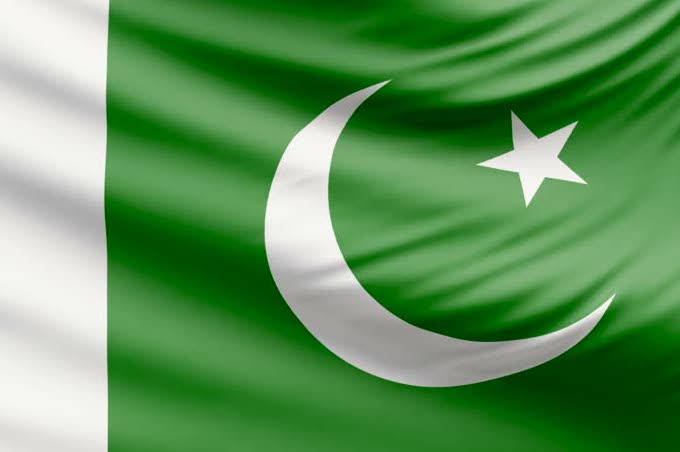 The ICJ condemned Pakistan’s execution of a former soldier and called on the government to reinstate the moratorium on the death penalty that had been observed for the past four years.
The ICJ condemned Pakistan’s execution of a former soldier and called on the government to reinstate the moratorium on the death penalty that had been observed for the past four years.
On 15 November 2012, Pakistan carried out its first execution in four years, hanging Muhammad Hussain, a former army service man convicted of murder.
“This is a major step backwards for Pakistan, breaking its moratorium on the death penalty,” said Sam Zarifi, Asia Director for the ICJ. “What is more disheartening is that it comes after recent moves by the Government to abolish the death penalty and disregards the repeated calls by the United Nations General Assembly calling on the ever decreasing number of retentionist States to observe a moratorium pending eventual abolition of the practice.”
Muhammad Hussain, a soldier in the Pakistan army was convicted before a Military Court for killing his senior officer Havaldar Khadim Hussain. He was sentenced to death on 12 February 2009.
He filed mercy petitions to the Military General Headquarters and the Chief of Army Staff.
Muhammad Hussain’s final mercy plea to President Zardari was rejected on 30 December 2011.
“The death penalty should not be imposed, but when it is, international law requires that scrupulous and strict effort be taken to ensure all of the guarantees to a fair trial,” Zarifi added. “A military court does not provide the minimum guarantees to a fair trial, notably the right to a fair and public hearing before an impartial and independent tribunal established by law.”
Muhammad Hussain was not given the right to appeal his conviction to a civilian court.
“The death penalty violates the right to life and constitutes a form of cruel and inhuman punishment,” Zarifi said.
In the region, Nepal abolished the death penalty in its 1997 Constitution and Sri Lanka has not carried out an execution since 1976.
India has maintained an eight-year moratorium on executions.
In 2007, the United Nations General Assembly passed Resolution 62/149 calling on member states to establish a moratorium on executions ‘with a view to abolishing the death penalty.’ In that resolution and subsequent General Assembly resolutions passed in 2008 and 2010, the United Nations emphasized that the use of the death penalty undermines human dignity.
There has been an unofficial moratorium on executions in Pakistan since December 2008.
The death sentence, however, continues to be handed down in cases, with more than 300 prisoners sentenced to death in 2011.
It is estimated that 8000 people are currently on death row in Pakistan.
Contact:
Sam Zarifi, ICJ Asia-Pacific Regional Director, t: +66 26198477; email: sam.zarifi@icj.org
Sheila Varadan, ICJ Legal Advisor, South Asia Programme, t: +66 857200723; email: sheila.varadan@icj.org





